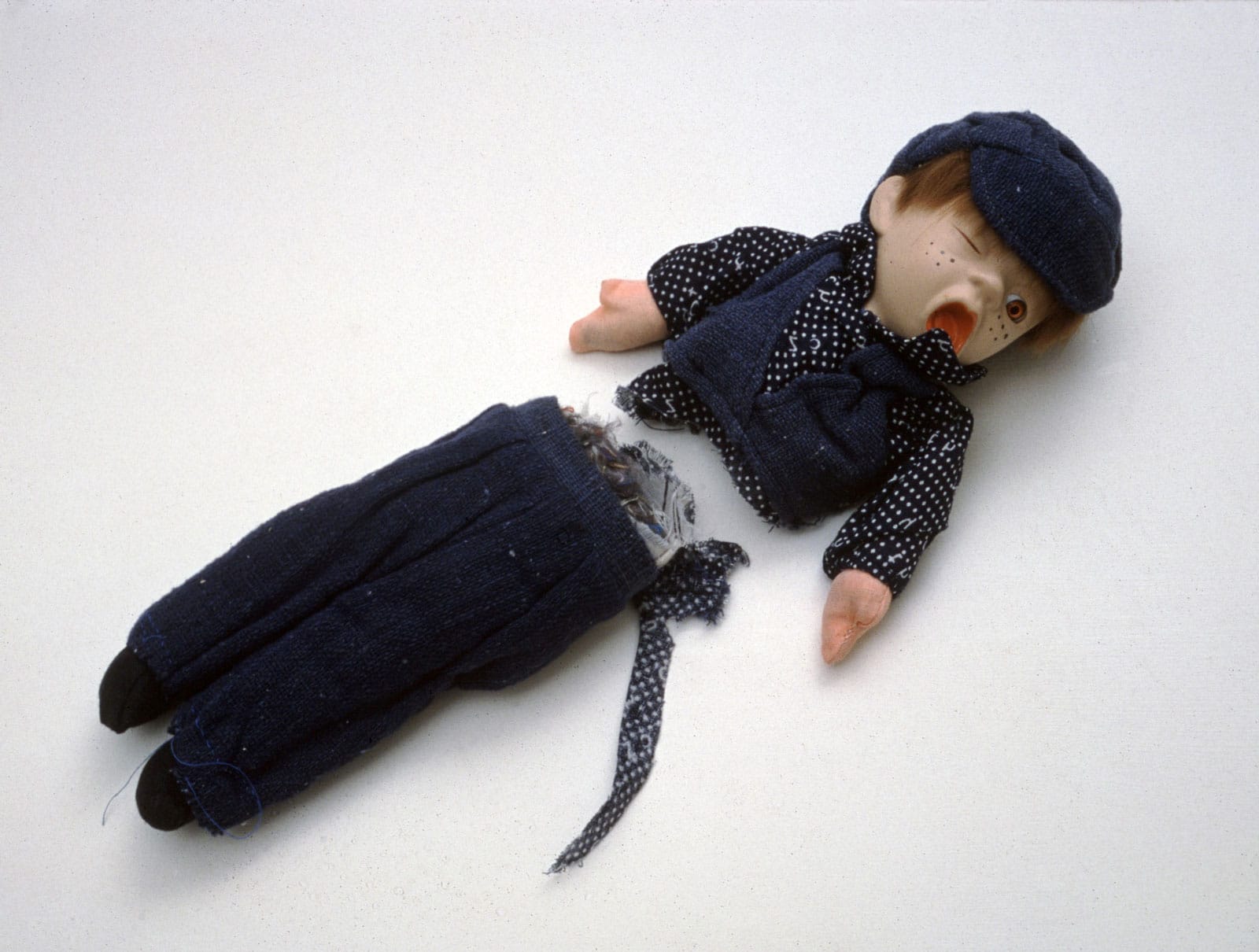
Moral fatigue and decision-making
Opinion + AnalysisHealth + WellbeingRelationships
BY Cris Parker 24 APR 2020
A senior executive starts making out-of-character decisions that reflect his personal fears. Teams are frozen in indecision as the ground continually shifts beneath them. Days become punctuated with emotional meltdowns from people you have always relied upon in a crisis.
At home, you might be disagreeing with loved ones about the right response to COVID -19. Is the situation as serious as officials claim? Or are people exaggerating the risks? What is the right amount of physical distancing? Why should the whole of a society bear the costs for the sake of the few? Is this even a fair way to frame the questions?
These are some of the signs that the prolonged impact of COVID-19 is causing moral fatigue in the people around you.
Moral fatigue can occur when the “right thing to do” is unclear. Who should bear the cost of protecting a business? What if personally caring for elderly parents risks exposing them to deadly infection? It can be exhausting to make decisions in this kind of ambiguity, day after day.
Michael Baur, Associate Professor in the Philosophy Department at Fordham University and an Adjunct Professor at Fordham Law School, says moral fatigue comes from situations where attempts to do good also result in “destroying a good”.
“People have often referred to the idea of moral fatigue as compassion fatigue or moral distress,” he told me on a zoom call from the US. “What we have in the current context is a situation that makes it increasingly difficult to understand if I’m doing the right thing. It’s no longer possible to assume that the good that I’m doing is unambiguously good,” he says.
It could be dangerous to keep running a business, for instance, if it means employees are in danger. “There’s a real conflict there. And there are no rules.”
Why people panic
Usually, as people go about their normal lives many actions are performed on “autopilot”. Typing on a keyboard, for instance, is done out of habit; the decision of which keys to hit doesn’t exercise mental exertion; one’s finger ‘do the work’. Baur says a crisis such as COVID-19 “jumbles” the keys on the keyboard. It changes the rules and worse still, you don’t know what those new rules are as they can change, minute-by-minute.
“It’s really disorienting,” says Baur. “People go back to what they know is safe, and they become more infantile, more self-protective and defensive.”
This is the kind of response that decreases our capacity to make good decisions. It leads to the hoarding behaviours we have seen in supermarkets, anxiety about money and a focus on individual survival.
Slow down and be more forgiving
Thinking about ‘just getting beyond this’ assumes a future state where the problem no longer exists and everything is the same as before. It’s too simplistic to suggest we will all be ok – many of us won’t be, unless we adapt.
A common result of moral fatigue can be impatience. When we try to think through frameworks that no longer serve us well we can become increasingly impatient, the more we do so, the more mistakes we make – leading to even more frustration.
Baur likens our situation to building the raft at the same time that you are using it to survive. He says, it’s okay to make mistakes because we’re all trying to refashion this raft, even as we’re stepping on top of each other trying to stay afloat. Mistakes will be made.
“You’re not alone. Everybody feels the same way. We have to be more forgiving of others and I think individuals have to be more forgiving of themselves in the sense that it’s okay to be freaked out. Everybody is.”
You can contact The Ethics Centre about any of the issues discussed in this article. We offer free counselling for individuals via Ethi-call; professional fee-for-service consulting, leadership and development services; and as a non-profit charity we rely heavily on donations to continue our work, which can be made via our website. Thank you.
Ethics in your inbox.
Get the latest inspiration, intelligence, events & more.
By signing up you agree to our privacy policy
You might be interested in…
Explainer
Relationships
Ethics Explainer: Ethics of Care
Opinion + Analysis
Relationships, Society + Culture
Violence and technology: a shared fate
Opinion + Analysis
Health + Wellbeing, Relationships
Academia’s wicked problem
Opinion + Analysis
Relationships, Society + Culture



